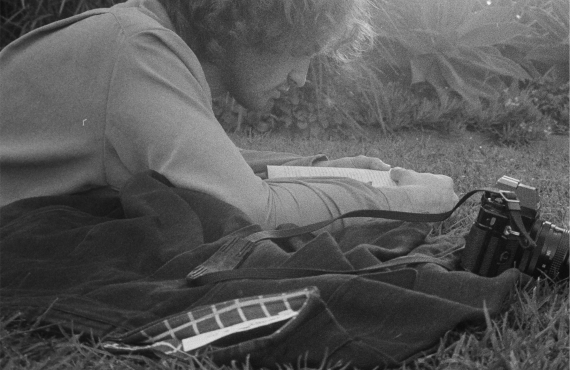“Revenge posting” after a break-up won’t make you feel better
By Rachel Barker
First published on VICE.COM

Gossip magazines and webpages of the 2000s zeroed in on this idea that your body was a tool that should be utilised in punishing your ex. This was often referred to as the “revenge body” or “break-up body.”
The stereotype is that if you’re looking good after the fall of your relationship, your ex will be filled with regret, jealousy and an immediate desire to have you back in their arms. Given the break-up body was often skinny, exposed and aided by expensive treatments, it’s clear to see its fatphobic, sexist and classist roots.
Thankfully, we’ve somewhat moved on from this idea, as our idea of beauty has shifted and expanded beyond just slim people with shiny hair.
But as much as we’re less attached to body image as a social tool, we haven’t developed societally as much as we’d like to think.
Post-break-up revenge is still built into our cultural consciousness. And for a generation that doesn’t give a shit about trashy mags, platforms like Instagram and TikTok become our dominant influences.
Social media provides a platform where we are the performers and the audience. Everyone’s watching you, or could be watching you, which creates a need in many people to make their lives look as fulfilled, successful and happy as possible. Being too vulnerable, too realistic, and too honest might invite pity rather than admiration from your friends and followers.
People can deny it as much as they like, but at the heart of it, most of us are conscious of how we’re presenting our lives online – or we wouldn’t be presenting it at all.
During a break-up, this drive to share your life’s high points can enter tricky territory. Unless you live in the same flat or halls, or share a work environment, the place that you’re most likely to see or be seen by your ex is on social media. That makes it the perfect place to post every story and video and carousel showing that you’re thriving after your break-up.
It's not as obviously malicious as other kids of revenge, like exposing someone in screenshots or sending embarrassing pictures to friends, but it’s insidious – because rather like the break-up body, it’s about showing your ex what they’re missing and how well you’re doing. At its core, it's trying to say, “I’m better than you.”
Everyone wants to be perceived as doing well after a break-up, but at the root of it, why do we care? Being perceived as having “lost” or “won” a break-up is an idea we need to shake. Real people’s emotions are on the line and winning and losing is a trivial thing to boil it down to.
Besides, the reality is, the issues that seem so massive in your own world don’t really mean shit to anyone else. Kanoa from your business studies lecture isn’t catching up on your daily online activity thinking, “shit, they look so happy now. How embarrassing for their ex!”
We’re so driven by self-obsession that sometimes we forget our life isn’t a story or a show. It’s not built for an audience, so stop performing like it is. As long as you have support where you need it and the love of whānau or friends in your real life, is it really that important what other people think?
And importantly – If you’re motivated by knowing, or wanting, an ex to see what you’re up to or how you look, then are you really getting over it?
Healthy break-ups take effort and an awareness of when your own behaviour is teetering into harmful territory. So do yourself a favour and leave the “my life is better than yours” revenge narrative in the 2000s.















